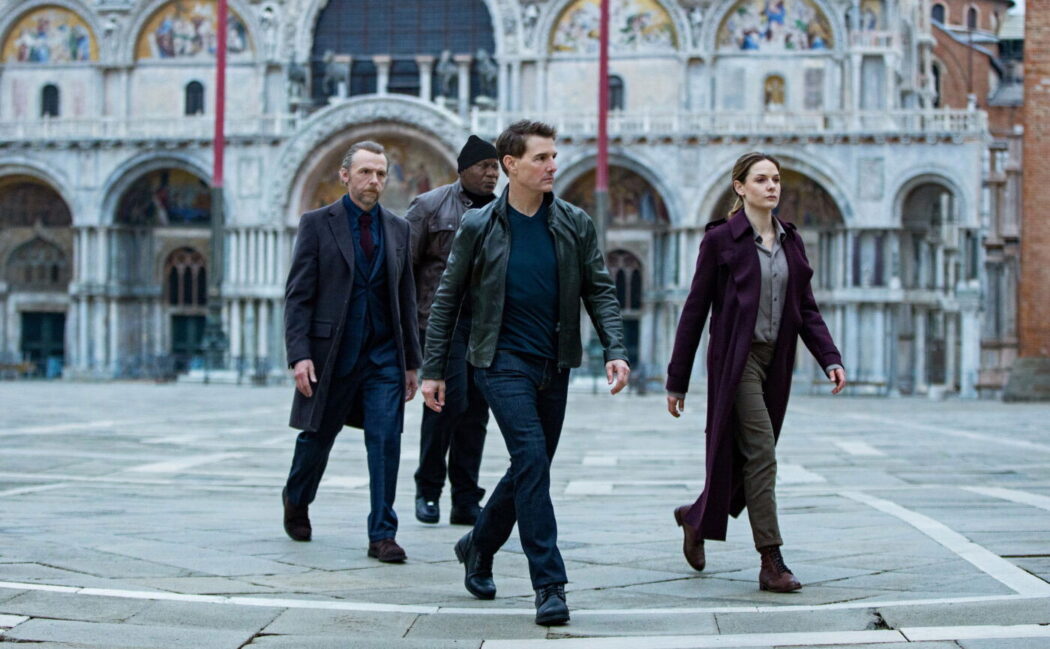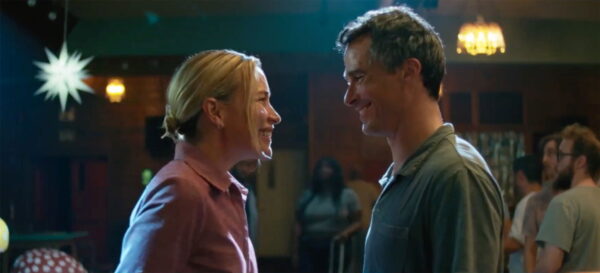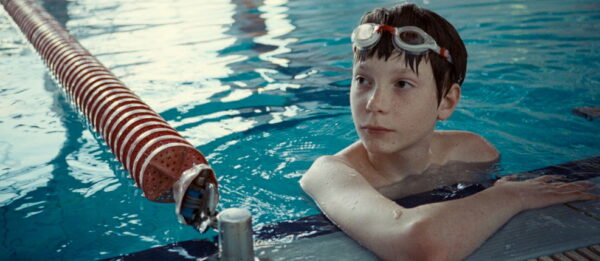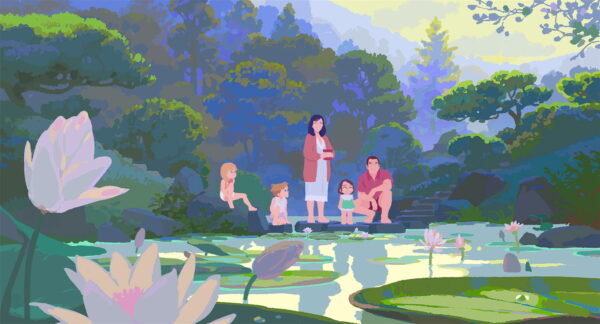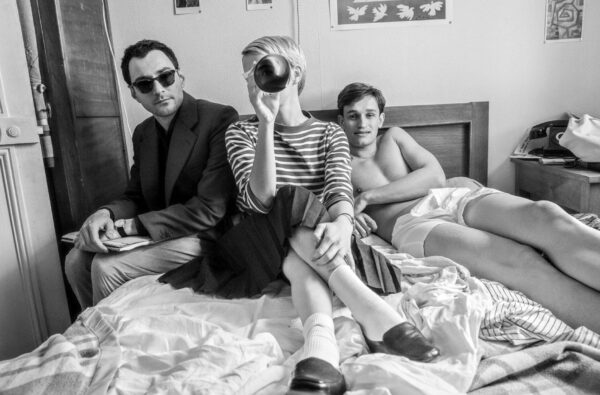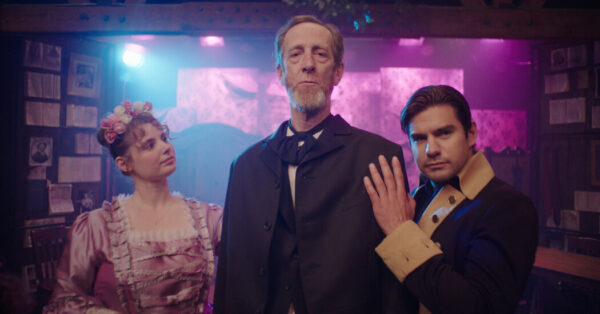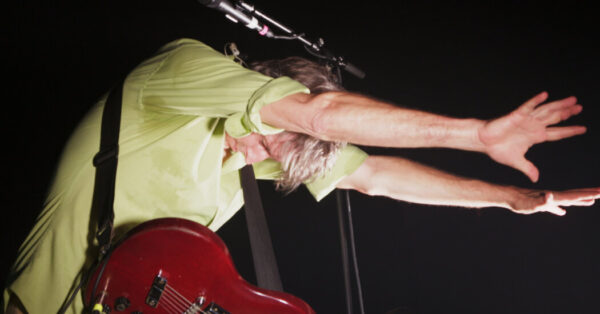If you’re going to remake a film whose footprint is still fresh, you better make it your own if not significantly better. The French zom-com “Final Cut” does neither — the veteran filmmaker Michel Hazanavicius (“The Artist”) may have an Oscar, but his uninspired riff on the Japanese movie “One Cut of the Dead” (2019) has got nothing on the original’s ultra-low-budget charms.
In “One Cut of the Dead,” a crew shooting a B-level zombie flick is attacked by the undead in a shaky single-take sequence that works despite its inexplicable pauses and blatantly phony severed limbs. We step into the making of the film-within-the-film, tracking the shoot from a chaotic behind-the-scenes perspective. The first half is fun, but the second half is golden, mining absurd humor, breathless tension, and movie-magic triumphalism from an onslaught of minor crises.
Hazanavicius’s adaptation is an almost beat-for-beat copy: there’s an ax-wielding makeup artist played by an actress (Bérénice Bejo) who goes frighteningly Method; a blood-splatterd “final girl” (Matilda Lutz) who lops off the head of her lover (Finnegan Oldfield); some all-too-realistic practical effects courtesy of a drunken, vomit-spewing castmate and another player seized by a bout of explosive diarrhea.
Some tweaks account for Hazanavicius’s French translation, the most intriguing of which further deepen the plot’s metacinematic layers. “One Cut” exists within this world, too, with a Japanese cohort representing that film’s rights holders looming over the director Rémi (Romain Duris). There’s a long, fascinating history of Japanese and French cultural cross-pollination — and both countries are home to two of the oldest, most robust film industries in the world — but Hazanavicius works in the globalization of moviemaking only superficially, primarily through lazy culture-clash mockery: a Pearl Harbor joke here, a jab at the stereotypically poor French work ethic there.
“Final Cut” puts its predecessor’s ingredients through an unflattering Instagram filter. The shoot’s intentional shoddiness — authentically kitschy in the original — rings false, with Hazanavicius spelling out the crew’s missteps in such a way that flattens the humor and kills the momentum.
In France, to make a film about the making-of-a-film is practically a rite of passage (see François Truffaut’s “Day for Night,” Mia Hansen-Love’s “Bergman Island,” or “Olivier Assayas’s “Irma Vep”). With its metafictional bounties and playful genre bent, “One Cut” offers a conceit ripe for the picking. But what Hazanavicius has done here is a lifeless mock-up, a rehash made purely for audiences who’d prefer not to read Japanese subtitles. At least that’s some kind of justification for its existence.
Final Cut
Not Rated. Running time: 1 hour 52 minutes. In theaters.
Le texte ci-dessus est une traduction automatique. Source: https://www.nytimes.com/2023/07/13/movies/final-cut-review.html?rand=21388



